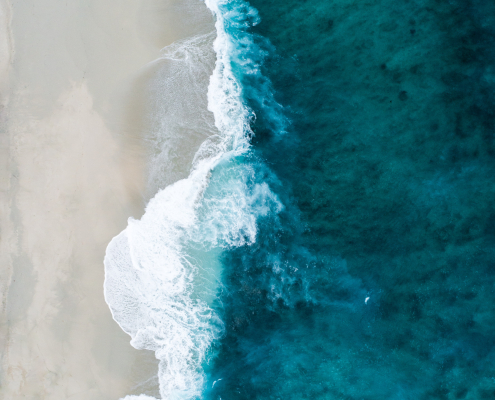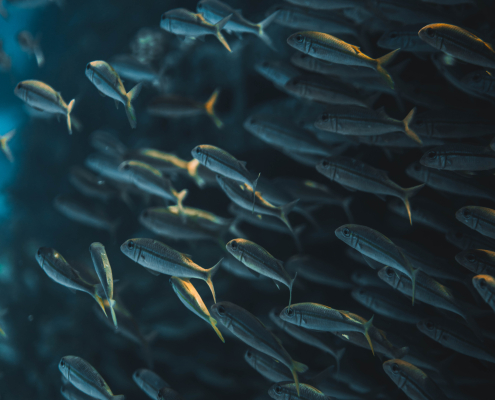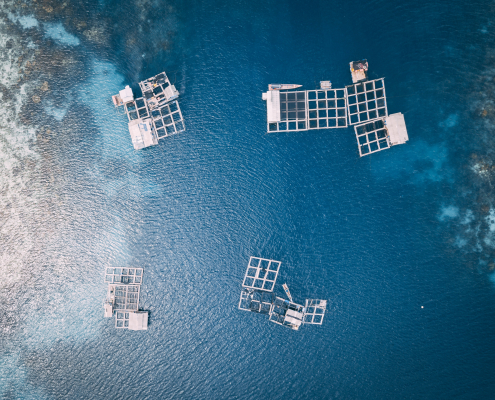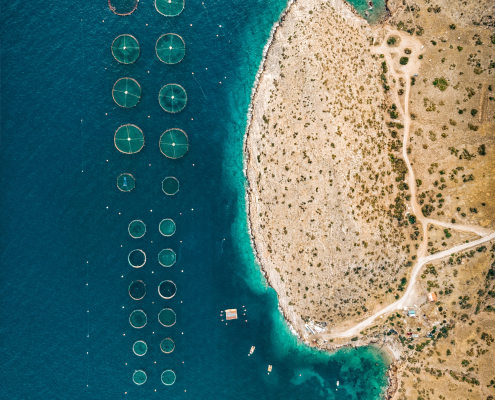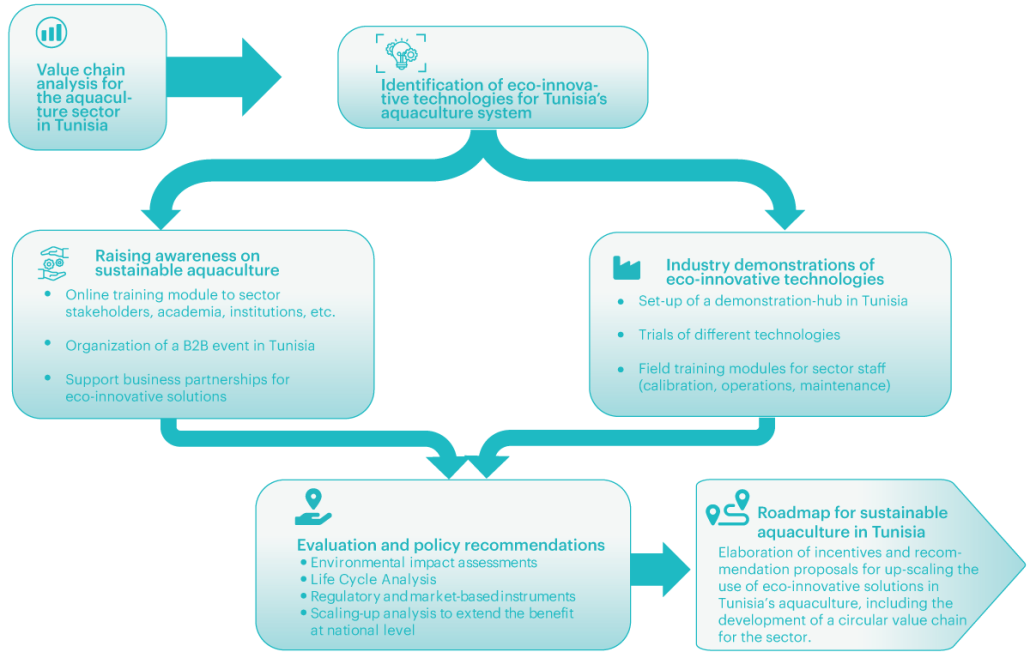Launched by the European Union (EU), the SwitchMed Programme has since 2014, under the lead of the United Nations Industrial Development Organization (UNIDO), demonstrated the potential for a green and circular economy in Algeria, Egypt, Israel, Jordan, Lebanon, Morocco, Palestine, and Tunisia.
Under the second phase of SwitchMed (2019-mid 2024), a component focusing on the Blue Economy concept will demonstrate business models that aspire to manage a sustainable transformation of associated maritime economic activities that can reduce their negative impact on marine and coastal ecosystems.
Improving the efficiency and environmental performance of Tunisia’s aquaculture sector
In 2021, UNIDO commissioned under the SwitchMed Programme a mapping study of the aquaculture value chain in Tunisia across four subsectors (Fish Farming, Aquaculture feed production, Hatcheries, and Shellfish farming.)
According to the study, the Tunisian aquaculture sector is characterized by good performance indicators (growth performance, survival rates). However, the Feeding Conversion Rate (FCR) for aquacultures in Tunisia remains too high compared with international standards.
The FCR is the amount of feed it takes to grow a kilogram of fish and is a critical parameter when determining the sustainability of aquacultures. As the required fish/feed ratio varies over time and conditions, an optimization of the FCR can help farmers give adequate feed without over or underfeeding. While underfeeding will inhibit growth, overfeeding can jeopardize the profitability of the farm with a combined impact on the environment due to the dispersion of exogenic substances leading to eutrophication and modification of marine ecosystems.
The use of eco-innovative technologies that can optimize the FCR and improve fish feeding efficiency could be essential to enhancing aquacultures’ production capacities, profitability, and environmental performance.
Together with the Direction Generale de la peche et de l’aquaculture (DGPA), the AquaBioTech Group (ABT) and stakeholders from the aquaculture value chain in Tunisia, UNIDO will under the SwitchMed Blue Economy component investigate the applicability of eco-innovative technologies and solutions that can improve efficiency and the environmental performance of Tunisia’s aquaculture sector.
Demonstration hub for eco-innovative technologies in aquaculture
A demonstration of the selected technologies will be undertaken within an aquaculture facility in Monastir Bay to assess the technologies in the industrial context of Tunisia’s marine aquaculture. The demonstrations will take approximately nine months and evaluate the applicability, effectiveness, and potential of different technologies used in various combinations and maritime/weather conditions, considering the fish’s development stages and growth periods. The project’s final evaluation will use the results of the trials, such as life-cycle analysis, environmental impact assessment, and production parameters. The demonstration hub will also facilitate field training modules for staff from 20 aquaculture production units which will develop their skill set on the demonstrated technologies, learning operations and maintenance at the demonstration hub.
Roadmap for sustainable aquaculture in Tunisia
Data, information and experiences gathered from the demonstrations will, together with stakeholder consultations, go into developing a sustainable aquaculture Roadmap in Tunisia. The roadmap will propose recommendations and incentives to upscale the adoption of eco-innovative production methods for aquacultures in Tunisia and the Mediterranean region.
Funded by the European Union, the Government of Catalonia, and the Government of Italy, the SwitchMed Programme is implemented under the lead of the United Nations Industrial Development Organization (UNIDO), and MedWaves, the United Nations Environment Programme Mediterranean Action Plan (UNEP/MAP) regional activity centre for Sustainable Consumption and Production (formerly known as SCP/RAC). SwitchMed is executed and in close coordination with the Directorate-General for Neighbourhood and Enlargement (DG NEAR). Each implementing organization brings its specialized experience and tools to partner with the eight countries on activities that span policy development, capacity building, business support services, demonstration activities and networking.
Since 2014, SwitchMed has demonstrated the potential for a green and circular economy in Algeria, Egypt, Israel, Jordan, Lebanon, Morocco, Palestine, and Tunisia. Through the promotion of business models that can reduce the inefficient use of resources and the environmental footprint of existing economic activities, the SwitchMed Programme supports long-term resilience and an economic transformation of the region to meet economic, social, and environmental challenges related to the climate change.
Meet the Partners
See who forms part of the Phase 2 of the SwitchMed Programme
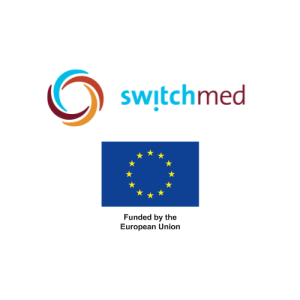
SwitchMed
SwitchMed is an initiative funded by the European Union and implemented by UNIDO, UNEP/MAP and SCP/RAC. Its aim is to support sustainable consumption and production practices for a circular economy in the Mediterranean.

UNIDO
UNIDO is the specialized agency of the United Nations with a unique mandate to promote and accelerate sustainable industrial development.

AquaBioTech Group
AquaBioTech Group undertakes a variety of projects related to the marine environment, encompassing aquaculture developments, market research, through to project feasibility assessments, finance acquisition, project management, technology sourcing and technical support and training.

Hanchia Fish
Hanchia Fish is a well established firm among the first aquaculture farms in Tunisia specializing in the production, breeding and marketing of gilthead sea bream and sea bass.

INSTM
INSTM has developed a large expertise in several themes related to marine environment. One major interest of INSTM is the study of problems related to human activity on coastal regions of the Mediterranean.

Centre Technique d’Aquaculture
CTA is a public economic interest institution with civil status and financial autonomy under the supervision of the Ministry of Agriculture, Hydraulic Resources and Fisheries.

